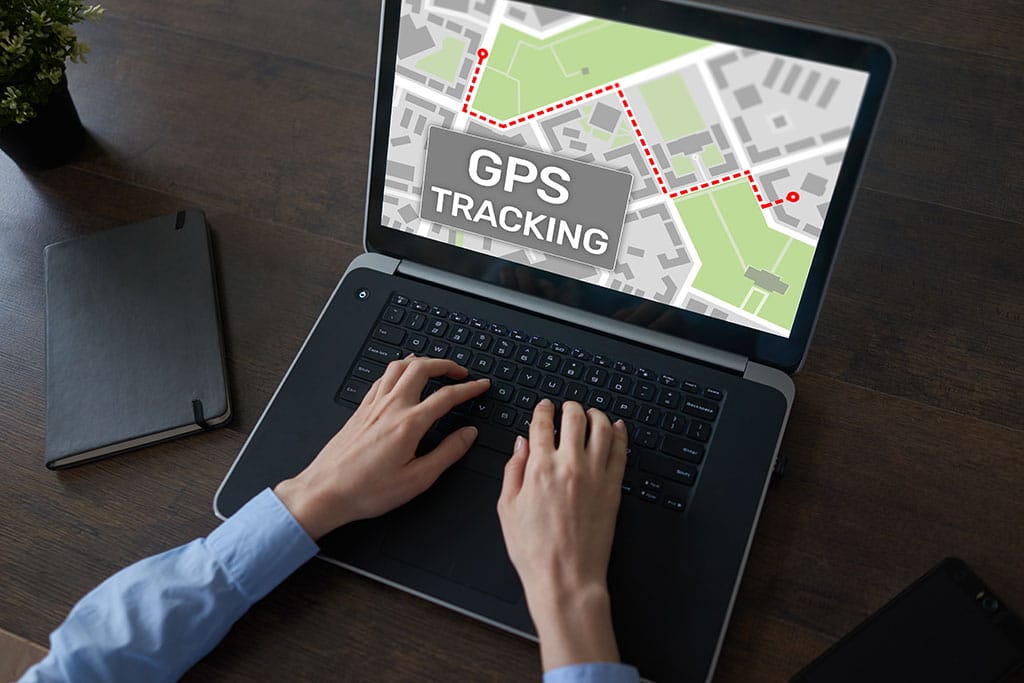From time to time, alarming news shows up about private investigators facing a lawsuit for something unexpected. Here’s a recent example of a mayor suing a PI for placing a tracker on their vehicle. Cases like this often make private investigators wonder just where the line is, and if they need to make any changes to how they approach a case. While anyone can sue a PI, it can be worrying if the legal system starts creating precedents for a stronger case in certain situations.
Since tracking people is so common, this may be a special area of concern if PIs start getting sued for it. Fortunately, surveilling and tracking don’t usually open PIs up for liability problems, especially with a few simple precautions. Keep these tips in mind when tracking a person.
Avoid Anything That Could Be Construed as Harassment
This general rule can help PIs save a lot of trouble. Avoid any actions that could be considered harassment. That might include multiple requests for an interview, trespassing on the property, and so on.
Keep in mind, people can still sue for emotional damage or something similar or may even call the police to report someone stalking them. But proving these claims can be very difficult to prove if you always act professionally and don’t give them any evidence to work with.
Finally, always stay in public places (on the side of the street, etc.), where there’s no liability issue for simply being present, unless you get specific permission. That brings us to another important point…
If You Plant a GPS Tracker, Try to Get Permission First
So, is planting a GPS track on someone’s vehicle outright illegal? In many cases, that’s still a legal gray area, but it can be used as evidence contributing to a charge of stalking or in a civil court to prove harassment. That doesn’t stop many PIs from trying it, but there are a few things you can do to lower your risks when using GPS trackers:
- Get permission from the registered owner of the vehicle. Note that this does not have to be the person using the vehicle at the time.
- Get permission from a company to put trackers on company-owned vehicles for an investigation.
- Get permission from a spouse to put a tracker on a vehicle their partner uses. This is on shakier ground if the couple is not currently married, but if they are living together, you should still try getting permission from a partner.
- Clarify permission if you are involved in a court case, such as a case for child custody. In these cases, talk to the attorney that you are working for or that your client hired about the possibility of tracking a vehicle.
Check Your State Laws
Once again, PI laws – and related court rulings on PI matters – can vary greatly from state to state. It’s always worthwhile to do a little research about the conditions in your state, any cases that have resulted in lawsuits, and how courts have ruled about similar matters in the past. This can provide a lot of guidance about what you should do when tracking someone. Pay attention to key details like:
- What PI licensing and regulatory bodies say about behavior. Some states have very lax PI licensing and don’t give much direction at all. Other states go into greater depth about how PIs should act and what legal capabilities they have. Additionally, guidance can change or be updated to be helpful. Visit your state’s site for private investigator licensing to look for more information.
- Specific state laws that have passed, governing subjects like privacy, stalking, tracking, and so on.
- How courts have ruled on harassment and damage charges.
Watch for Any Signs of Abuse or Restraining Orders
It’s always a good idea to do background research on a client who is requesting that you follow someone. Look to see if someone has filed a restraining order against them, or if they have been reported for stalking or harassment in the past. See if they are currently involved in a custody case, or a dispute about property ownership, etc. Unfortunately, not all clients are honest with their PIs, and it’s a good idea to avoid working with clients who have a history of trouble. Remember, if you unknowingly help a client violate a restraining order or stalk someone, you can also be found liable for aiding them.
Don’t Commit Fraud When Following Someone Online
Social media tracking is a very effective option: People frequently post their location or photos with geodata that you can use to see where they have been. However, you cannot access this social media info via fraud. Don’t impersonate someone that the subject knows. Don’t use their passwords to hack into their accounts, even if their partner supplied the information. You can view public information or send them a friend request the traditional way.
Final Notes
If you are worried, or you have had someone you are tracking make threats, then it’s always a good idea to consult with a lawyer. They may be able to refer you to someone who can answer questions about specific kinds of lawsuits, or help you figure out if you are in trouble and what your next steps should be. A professional opinion can go a long way. And, as always, make sure your licensing and private investigator insurance are up to date to help minimize your risks and assure clients.






